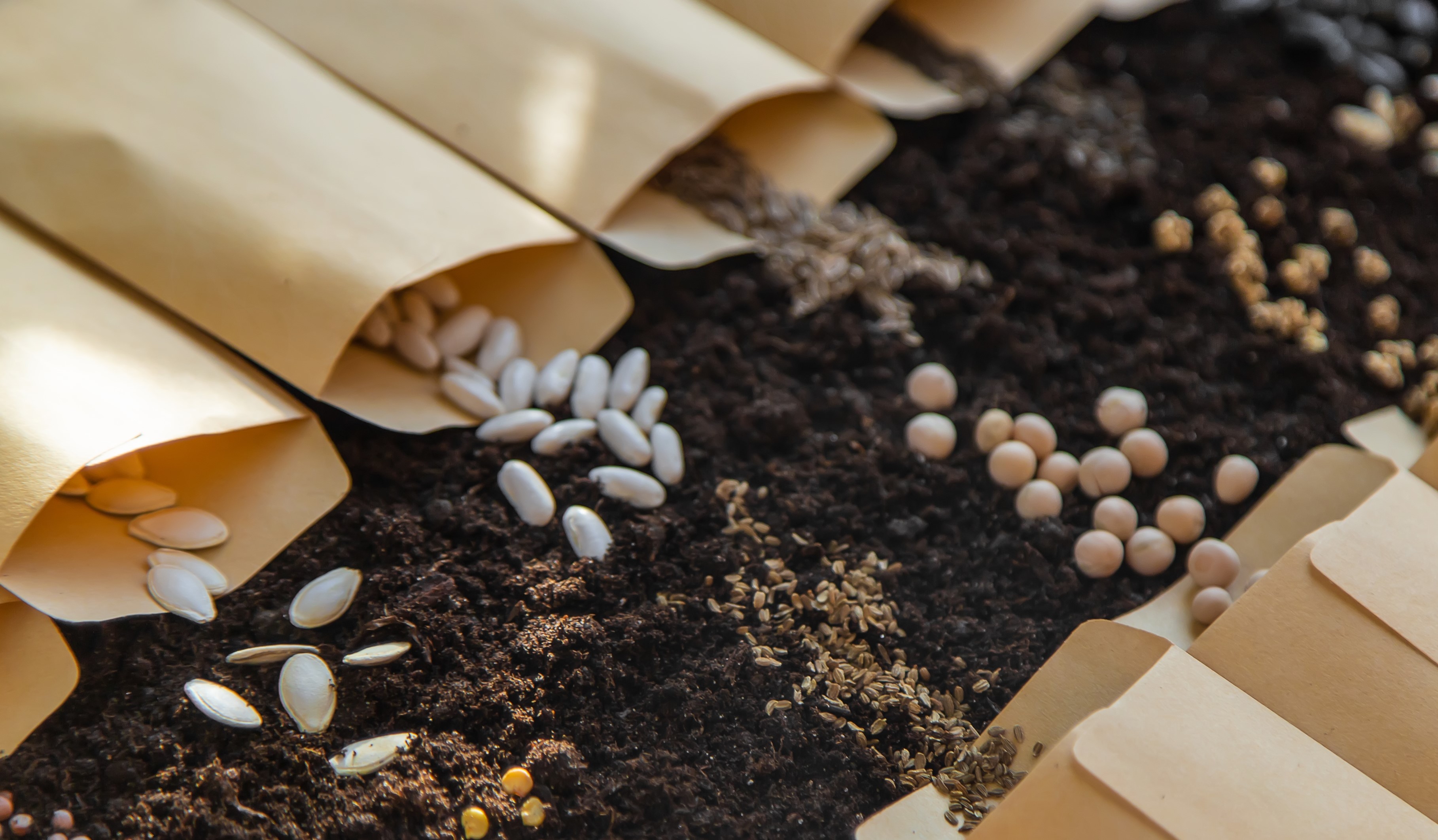Unlocking the Secrets of Seeds
Have you ever stopped to think about the tiny little things that hold the potential for new life? Seeds are the unsung heroes of the natural world, responsible for growing the food we eat, the flowers we enjoy, and the trees that provide us with shade and oxygen. But how much do you really know about these incredible little packages of life?
Seeds are more than just the dormant form of a plant. They are complex and fascinating structures that have evolved over millions of years to ensure the survival of their species. Let's take a closer look at some of the amazing things that seeds can do.
First of all, seeds are incredibly resilient. They can survive in extreme conditions that would kill most living things. Some seeds can lie dormant for years, waiting for the right conditions to germinate. For example, the lotus seed can remain viable for over 1,000 years! This incredible durability is due in part to the protective outer coating that many seeds have, which helps to prevent damage from the environment.
But that's not all - seeds are also incredibly smart. They have evolved a variety of strategies to ensure that they get the best chance of survival. For example, some seeds are designed to be dispersed by the wind, such as the feathery seeds of the dandelion. Others are dispersed by animals, such as the sticky burrs of the burdock plant, which attach themselves to the fur of passing animals and are carried away to new locations.
Seeds can also be incredibly adaptive. Over time, they can evolve to better suit their environment, ensuring their survival. This is known as natural selection. For example, in areas with frequent wildfires, some plants have evolved seeds that require exposure to fire in order to germinate. This ensures that the new plants will have access to the nutrients that are released into the soil after a fire.
Seeds are also incredibly diverse. There are over 300,000 species of plants in the world, and each one has its own unique seed. Some seeds are tiny, like the seeds of the poppy, which are smaller than a grain of sand. Others are enormous, like the coco de mer, which can weigh up to 30 kilograms! Some seeds are brightly colored, while others are camouflaged to blend in with their surroundings.
Despite their small size, seeds play a huge role in our lives. They are the foundation of agriculture, providing us with the food we eat. From the wheat that makes our bread to the corn that fuels our cars, seeds are responsible for much of what sustains us. They are also important in medicine - many pharmaceuticals are derived from plants, and the seeds of some plants have been found to have healing properties.
So next time you see a seed, take a moment to appreciate the wonder of nature's tiny miracle. Seeds are more than just a means of growing plants - they are a testament to the incredible diversity, resilience, and adaptability of life on our planet.
Labels: Agriculture, Interesting


0 Comments:
Post a Comment
Subscribe to Post Comments [Atom]
<< Home